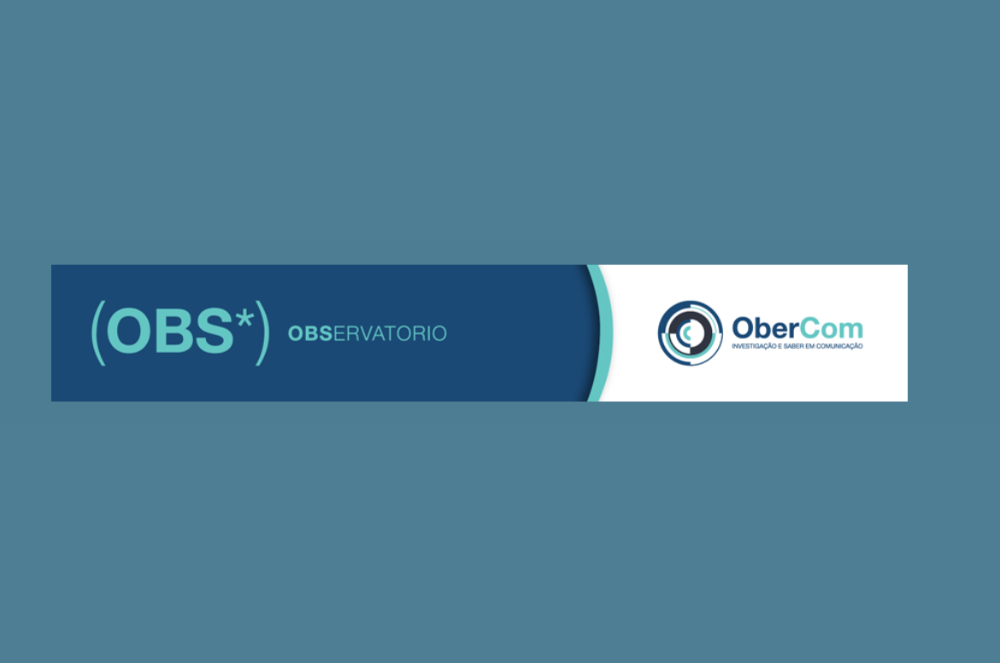Media & Jornalismo - Vol. 24 N.º 45 (2024) Youth views of the world and contexts of digital citizenship

(CLOSED)
Title: Youth views of the world and contexts of digital citizenship
Editors:
Maria José Brites - Universidade Lusófona, CICANT;
Teresa Sofia Castro - Universidade Lusófona, CICANT;
Paloma Contreras-Pulido - Universidade Internacional de La Rioja (UNIR);
Topics:
- Children, youth, and news
- Children, youth, and contexts of digital citizenship
Subtopics:
- Algorithms and datafication
- Audiences and news
- Socialisation, families, and peer influence
- News literacies
- Information disorders
- News resistance and avoidance
- Theoretical reflection and future perspectives of the field
- Methodological discussions
- Participatory media
- Decolonization of the field
- Glocal news contexts
- Glocal digital citizenship contexts
In this special issue, we aim to capture theoretical and empirical reflections that shed light on how, why, and where young people follow, understand and express what is currently happening in the world in the context of digital citizenship and information disorders (Wardle & Derakhshan, 2017). The COVID-19 pandemic and recent wars accelerated a torrent of fake news and other information disorders (Galan et al., 2019, Frau-Meigs et al, 2017), in which social media platforms revealed underlying ambivalences. This is why it is so pressing to consider diverse approaches in the investigation that identifies what, how and where young people from diverse contexts and geographies propose their views and expressions of what is happening in the world. By anticipating normative and/or decolonised definitions of news, we aim to apprehend research that assesses themes related with youth voices and views of the world, their (dis)connection with news and contexts of digital citizenship.
The research continually points to a shift from the traditional journalism environments to new opportunities for consumption and production (Clark and Marchi, 2017), fostering participative processes. By proposing the concept of “connective journalism”, Clark and Marchi (2017) highlight the need for sharing, having a self-view of the news stories, and considering making their stories. They also note a disruption between young audiences' needs and news outlets.
What are the social environments where these processes are grounded? Even if the peer group influence has an impact, family, and in particular parents, are at the centre of the socialisation process for seeking news and different views of the world (Brites et al., 2017; Edgerly et al, 2018a; Lemish, 2007; Silveira, 2019), including contexts for operating digital devices (Edgerly et al, 2018a). Self-socialization is found in other studies regarding youth information consumption: incidental and leisure (Boczkowski et al, 2018) and news avoidance and resistance (Brites e Ponte, 2018; Edgerly et al, 2018b).
These sociocultural environments pose additional challenges to news brands and the production of stories that fit young people’s interests and expectations. It is thus imperative to reflect on these timely issues, namely considering how young people regard and deal with algorithms (Swart, 2021), algorithmic literacy, and what are the implications for information selection and consumption processes in their everyday lives, and even to observe how in some cases this content is used for participatory, prosocial and citizen purposes, shaping initiatives that promote social change.
This special issue [under the project Youth, News and Digital Citizenship - YouNDigital (PTDC/COM-OUT/0243/2021); https://youndigital.com] invites articles that theoretically and/or empirically tackle these and other dimensions, considering youth layers in terms of social, educational, gender, and cultural diversity, which demands to be studied and analysed within their relationship with digital media, news, platforms, and digital citizenship.
IMPORTANT DATES
Deadline for submitting articles: March 15, 2024
Review process: March-June 2024
Editors' decision: July 2024
Expected publication date: October 2024
More information about the submission process here.
